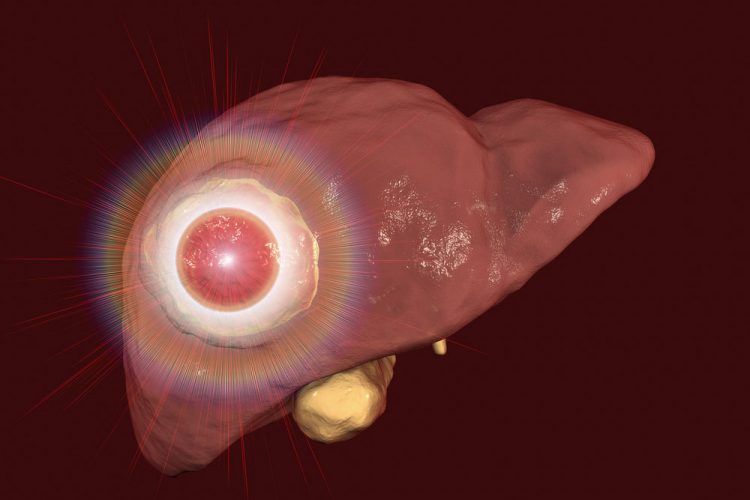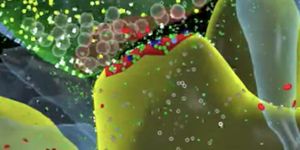A Modified Version of Herpes Simplex Virus-1 May Cure Advanced-Stage Liver Tumors

A recent study showcased in the Society of Interventional Radiology Annual Scientific Meeting explains that liver Tumors, in an advanced stage, can be safely treated through what is known as an "image-guided" injections using an approved immunotherapeutic for melanoma. "Advanced-stage liver tumors, including ones that have spread from other locations, have limited treatment options because the patients can be in poor health; further, the complex structure of the organ can make it difficult to target with standard approaches," said Steven S. Raman, M.D., professor of radiology, surgery and urology at the David Geffen School of Medicine, University of California, Los Angeles, and lead author of the study.
Investigators discovered that a genetically modified version of the herpes simplex virus-1 called talimogene laherparepvec (T-VEC) which contains the gene for granulocyte-macrophage colony-stimulating factor (GM-CSF) may be administered safely into active cancer cells of the liver tumor. The injection of T-VEC directly into the liver tumor will allow the GM-CSF to stimulate the production of T cells immune system so that the better recognize tumor proteins and destroy cancer cells throughout the body and thus effectively eradicating the liver tumor. "This minimally invasive treatment offers patients a novel way to, directly and indirectly, attack the cancer cells," explains Raman.

Investigators at research centers throughout the United States, Spain, and Switzerland used image-guided needle injections to treat patients of advanced-stage liver metastases in addition to those suffering from cirrhosis, an advanced-stage of liver scarring beyond fibrosis. The study participants were administrated increasing doses of T-VEC, which were levels up to the regulation limit of FDA-approved dose for melanoma. Doses given to each patient varied based on the lesion size.
The investigators concluded that patients were able to sustain the treatment with the inevitable side-effects such as temporary flu-like symptoms. However, researchers will continue to collect results following-up with patients for a maximum of two years with new trials studying the efficacy of the drug in treating advanced liver cancer. Investigators are also planning additional research to test the therapeutic effectiveness of T-VEC in combination with a checkpoint inhibitor to activate a stronger immune response. "Image-guided treatments have expanded the options available for patients with liver cancer from innovative approaches to biopsies to resections to chemo," says Raman. "This is an exciting way to look to the future, but patients living with advanced liver cancer should understand that this treatment will not be available for several years, except through clinical trials."
Sources: Cancer Network, Medical Xpress








